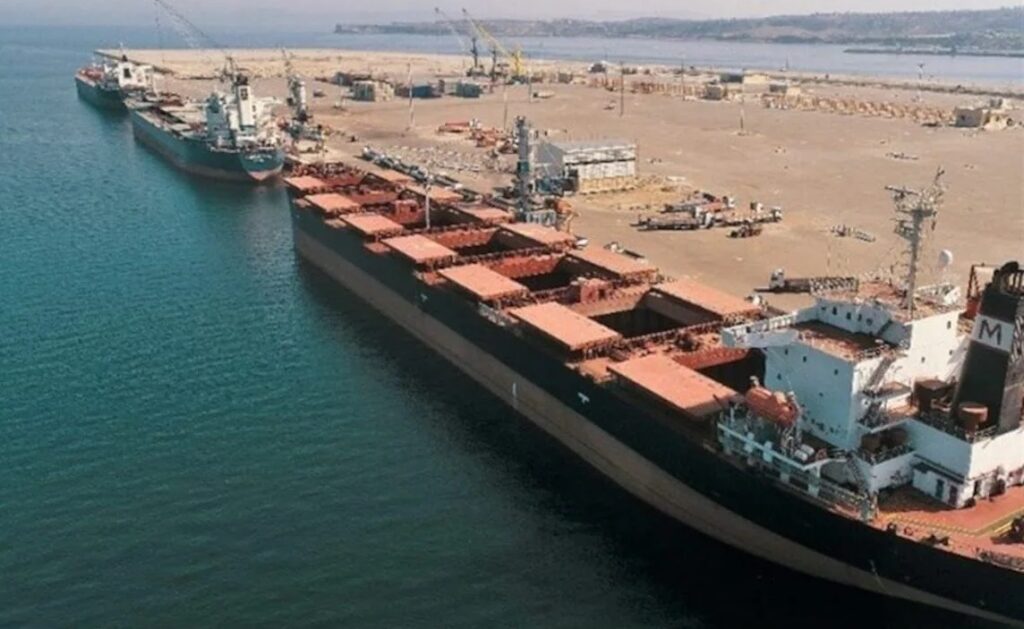13/05/2024
13/05/2024

NEW DELHI, India, May 13: India and Iran solidified their bilateral relations on Monday by sealing a landmark 10-year agreement aimed at the development and operation of the Chabahar port, announced the Narendra Modi-led government. The strategic significance of this move underscores India's commitment to bolstering ties with key Middle Eastern allies.
Situated on Iran's southeastern coast along the Gulf of Oman, the Chabahar port project has long been a focal point for India's efforts to enhance regional connectivity. By facilitating trade routes to Iran, Afghanistan, and Central Asian countries, the port offers a vital alternative to the ports of Karachi and Gwadar in Pakistan, thereby circumventing logistical hurdles exacerbated by geopolitical tensions.
Despite facing challenges stemming from U.S. sanctions on Iran, the signing of the 10-year contract marks a significant milestone in the port's development trajectory. Speaking in Tehran following the agreement's signing, India's Shipping Minister Sarbananda Sonowal emphasized the pivotal role of Chabahar Port in fostering trade resilience and unlocking new economic avenues across the region.
The comprehensive deal, inked between Indian Ports Global Limited (IPGL) and the Port & Maritime Organization of Iran, is set to inject substantial investments into the port's infrastructure. Iranian Minister of Roads and Urban Development Mehrdad Bazrpash revealed that IPGL's commitment of approximately $120 million will be complemented by an additional $250 million in financing, amounting to a total contract value of $370 million.
Since assuming operational control of the port in late 2018, IPGL has overseen significant cargo traffic, handling container shipments exceeding 90,000 TEUs and bulk and general cargo totaling more than 8.4 million tonnes, according to an Indian government official. Notably, Chabahar Port has facilitated the transportation of essential commodities, including 2.5 million tonnes of wheat and 2,000 tonnes of pulses from India to Afghanistan.
Indian Foreign Minister S. Jaishankar hailed the agreement as a pivotal step forward, expressing optimism that it will pave the way for substantial investments in the port's expansion and modernization. The signing ceremony underscores India's unwavering commitment to fostering regional cooperation and economic development through strategic partnerships in the Middle East.


